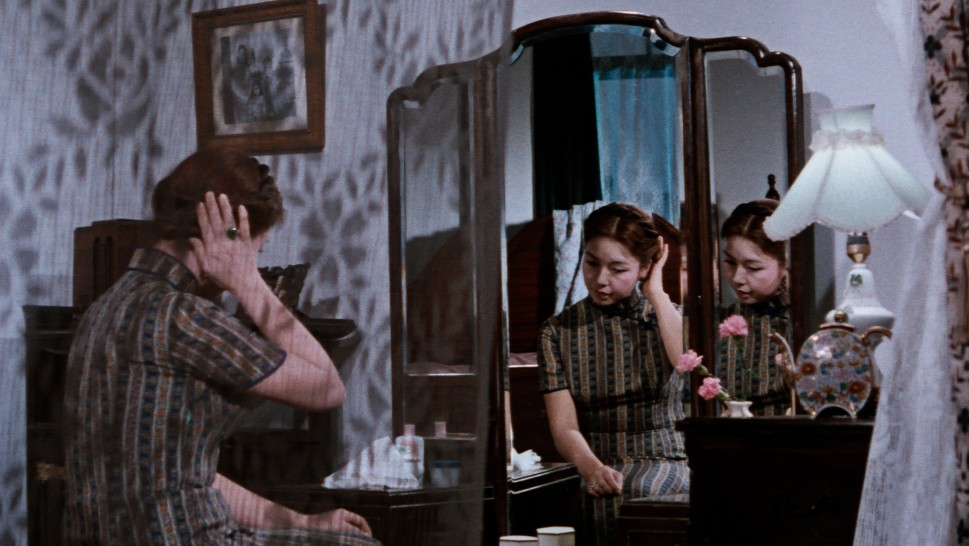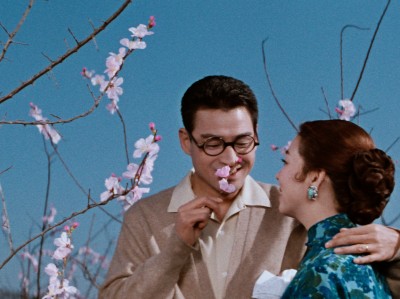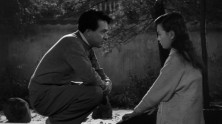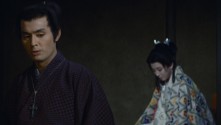
The Wandering Princess
(Ruten no ouhi)
With Machiko Kyo, Eiji Funakoshi, Atsuko Kindaichi.
Japan, 1960, DCP, color, 102 min.
Japanese and Mandarin with English subtitles.
DCP source: Janus Films
Five years after the release of Forever a Woman, Tanaka was invited by Daiei to direct a big-budget josei eiga (or “woman’s film”). Her first color and widescreen film, The Wandering Princess is a historical epic about the challenge for a woman to be an individual and to be the face of the nation at the same time. Using a screenplay written by Natto Wada (the wife of filmmaker Kon Ichikawa), the film stars Machiko Kyo as Ryuuko, a fictionalized version of the Japanese noblewoman Saga Hiro—the wife of Puzhe, the younger brother of the emperor of Manchukuo. Arranged marriages frequently appear in Tanaka’s films as a major obstacle to independence, particularly because they usually involve coercion rather than outright force and therefore tacitly pressure the woman to deny herself. Tanaka leaves ambiguous whether Ryuuko loves Puzhe or whether she merely fears him less than others in the Manchurian court. The extent to which The Wandering Princess emphasizes Ryuuko’s detachment from history is as moving as it is disconcerting. The film’s swelling sentimentality—Tanaka described the project as her take on War and Peace—sweeps the audience off its feet, up and away from an interrogation of Japanese imperialism. But paradoxically, the link that Tanaka draws between Ryuuko’s limited autonomy as a wife and mother and her lack of political responsibility generates a perceptive portrayal of how a colonial empire manipulates images of womanhood for a nationalist cause without necessarily advancing women’s rights. – Kelley Dong






















